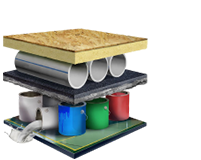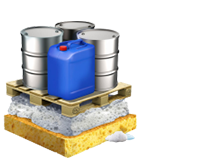Industries



Personal Care
High-quality raw materials and active ingredients for the Personal and Home Care industries.

Performance Chemicals
Raw materials and additives that optimize processes and products both functionally and financially.
Industries



Personal Care
High-quality raw materials and active ingredients for the Personal and Home Care industries.

Performance Chemicals
Raw materials and additives that optimize processes and products both functionally and financially.










![[Translate to English:] Harnstofflösungen zur Reduktion von Stickoxiden](/fileadmin/_processed_/8/2/csm_harnstoffloesungen-zur-reduktion-von-stickoxiden_92ed10649d.webp)
